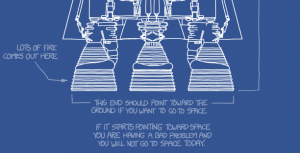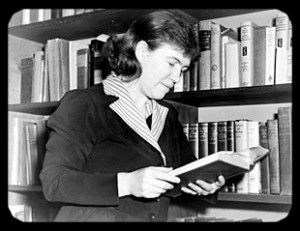 “Media reports are full of doom and gloom about the increasing frequency of strange or extreme weather events and their effects: lack of food security, pollution, invasive species, economic recession, rising incidences of tropical diseases and superbugs, cancer and other catastrophes.
“Media reports are full of doom and gloom about the increasing frequency of strange or extreme weather events and their effects: lack of food security, pollution, invasive species, economic recession, rising incidences of tropical diseases and superbugs, cancer and other catastrophes.
Instead of feeling overwhelmed or helpless by all this bad news, we should be asking: How can we clean up the mess we are leaving for future generations? Can my help really make a difference to leave planet Earth a better place? Is it my problem?”
Environmental expert Professor Nigel Roulet will give a lunch and learn session to address these issues and answer your questions.
Date/Time: Friday, February 1, 2013 12:30 PM to 1:30 PM
Location(s): Room 232, Robert Vogel Council Room, Leacock Building, McGill University
RSVP/Pre-Register: required
Contact: Event Registrar at campuscommunity@mcgill.ca
Image: Earth in flames from Microsoft Images








